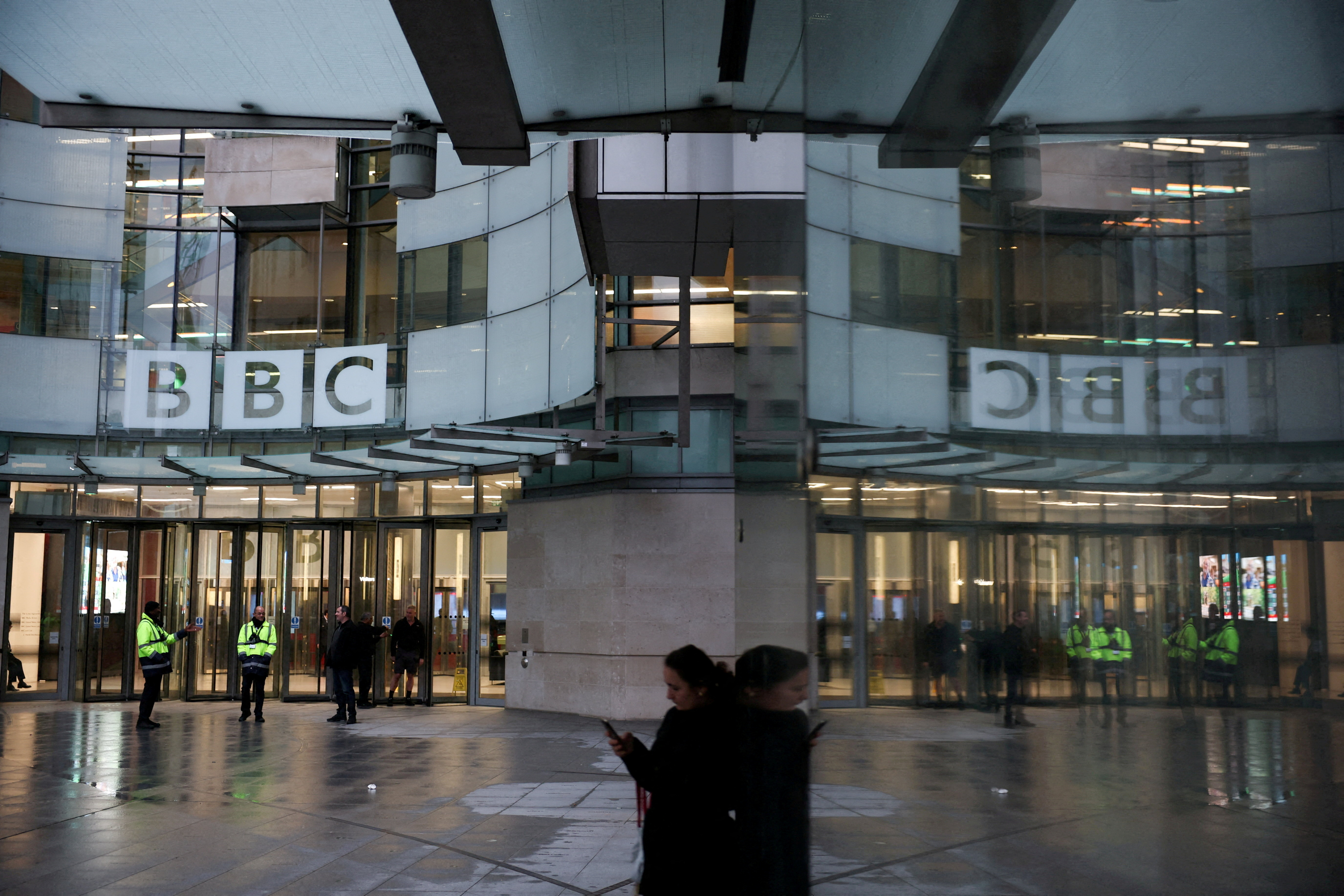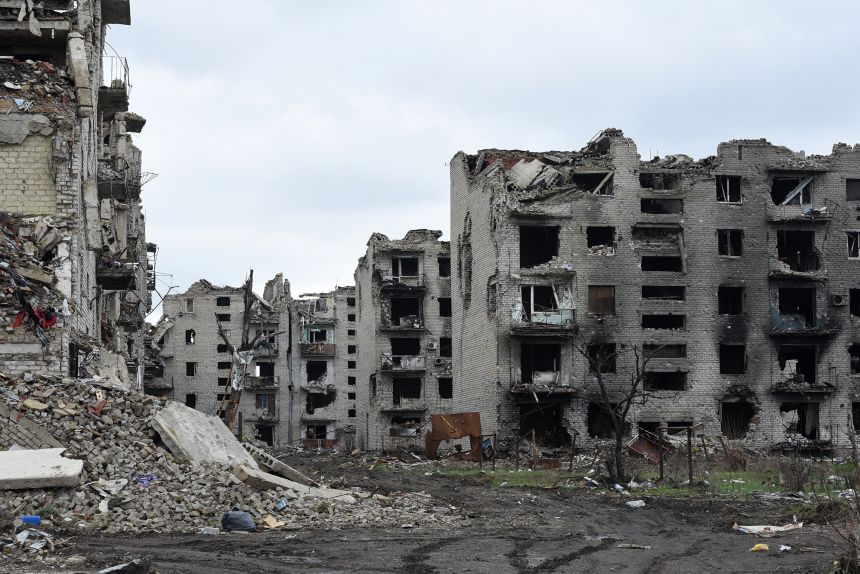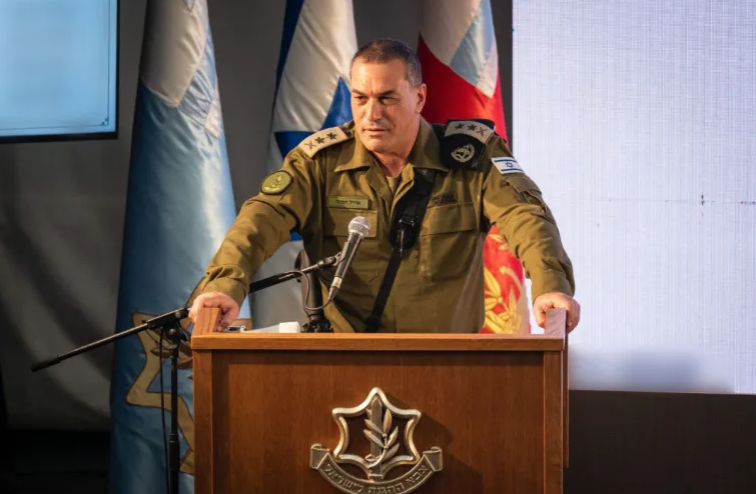WORLD NEWS

The Gaza Humanitarian Foundation (GHF), an organization backed by the United States and Israel to manage aid distribution in Gaza, has announced the closure of its operations following a US-brokered ceasefire. The announcement marks the end of a mission that faced widespread criticism and accusations of negligence and violence.
Set up earlier this year amid a total blockade imposed by Israel, the GHF was intended to deliver food and aid to Gaza’s population of about two million Palestinians. Unlike the UNRWA network, which operated hundreds of sites, the GHF established only four central “mega-sites” for distribution, heavily guarded by US private security contractors.
Since May, reports have documented chaotic and deadly incidents at these sites. Palestinians queuing for aid were often shot at or trampled, leading to over 2,000 deaths according to UN figures. Witness accounts and former contractors described GHF guards using “warning shots” on unarmed crowds, which some human rights organizations have called war crimes.
Key incidents include:
- May–June 2025: Multiple shootings by Israeli forces at aid sites, leaving dozens dead and hundreds injured.
- July 16: At least 21 Palestinians killed in a stampede and shooting at a southern Gaza aid centre.
- August 2: 38 Palestinians killed despite Israel’s partial “tactical pauses” for aid delivery.
- September 4: UN reports more than 2,146 deaths near GHF sites and aid convoys.
Despite these incidents, the GHF claimed it had delivered over 3 million food boxes, equivalent to 187 million meals, while asserting its operations were the “only reliable aid program” directly serving Palestinians.
The mission’s closure comes amid international pressure, scrutiny from UN experts, and a US-mediated ceasefire between Israel and Hamas, which took effect on October 10. GHF’s decision to end operations coincides with growing calls for accountability over the violence linked to its distribution efforts.
The foundation’s controversial tenure in Gaza has reignited debates over the role of independent aid agencies in conflict zones, the militarization of humanitarian aid, and the responsibility of foreign-backed organizations toward civilians in wartime conditions.




